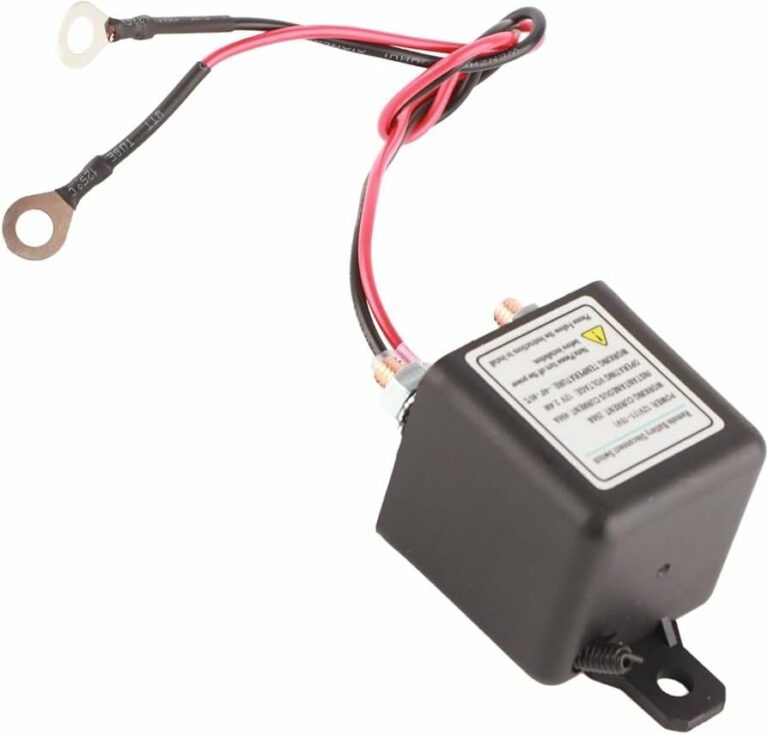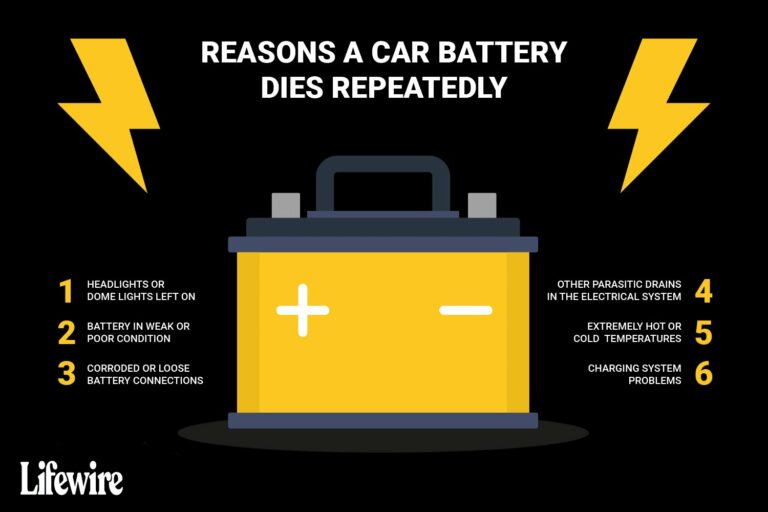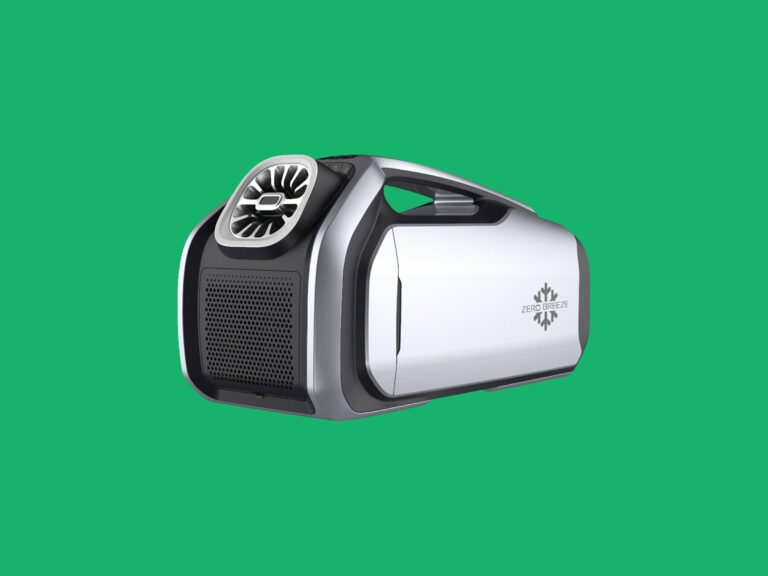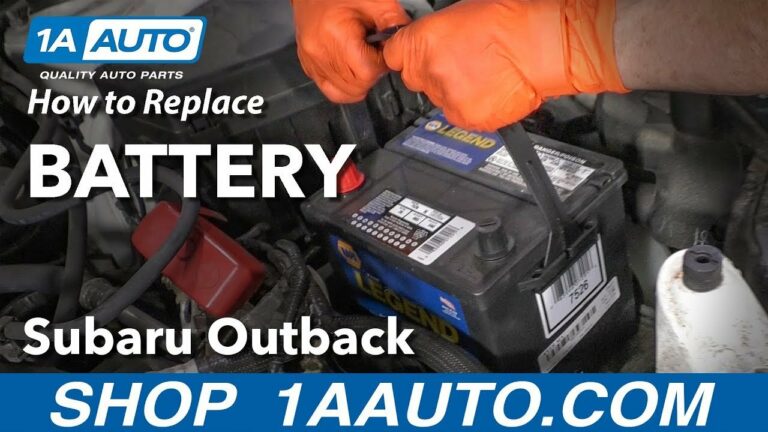How to Clean Car Battery Corrosion: Tips & Tricks
Today we discuss How to Clean Car Battery Corrosion. If you’re dealing with car battery corrosion, we have a straightforward solution for you. Corrosion can impact your car’s performance and lead to electrical problems, so it’s crucial to deal with it promptly.
In this guide, we’ll take you through the process of cleaning car battery corrosion step by step, helping you keep your car in good condition.
By the end, you’ll have the knowledge to handle this maintenance task confidently. Let’s begin and discover how to effectively clean car battery corrosion!
How to Clean Car Battery Corrosion:
The car battery is crucial for starting the engine and powering different components. Corrosion on battery terminals and cables can affect performance and harm the vehicle. Cleaning battery corrosion is a vital maintenance task that can extend the battery’s life and maintain the car’s performance. Follow our step-by-step guide to clean battery corrosion effectively and optimize performance.
Understanding Car Battery Corrosion:
Before we delve into the cleaning process, it’s important to understand what car battery corrosion is and why it occurs. Here are some key points to keep in mind:
– Battery corrosion is the result of a chemical reaction between sulfuric acid in the battery and the metal terminals and cables.
– Corrosion appears as a white, powdery substance on the terminals and around the battery posts.
– It can impede the flow of electricity, leading to starting issues and electrical problems.
– Corrosion is more common in older batteries or those exposed to extreme temperatures and moisture.
Preparing for Battery Cleaning:
Cleaning your car battery requires a few tools and materials. Here’s what you’ll need:
- Safety glasses and gloves
- Baking soda
- Water
- Wire brush or battery terminal cleaner
- Adjustable wrench or battery pliers
- Soft cloth
Before you start cleaning, ensure your car is parked in a well-ventilated area and the engine is turned off. Safety should be your top priority throughout the process.
Removing the Battery Cables:
To clean car battery corrosion effectively, you’ll need to disconnect the battery cables. Follow these steps:
- Identify the positive (+) and negative (-) terminals on the battery.
- Loosen the nut or bolt securing the cables using an adjustable wrench or battery pliers.
- Starting with the negative cable (black), carefully lift it off the battery terminal.
- Repeat the process for the positive cable (red).
- Set the cables aside, ensuring they don’t touch any metal surfaces.
Mixing the Cleaning Solution:
Now that the cables are disconnected, you can prepare the cleaning solution. Baking soda is an effective and readily available option. Follow these steps:
- In a clean container, mix one tablespoon of baking soda with one cup of water.
- Stir the solution until the baking soda is completely dissolved.
- Ensure the solution is not too diluted but still easy to work with.
Cleaning the Battery Terminals:
With the cleaning solution ready, it’s time to tackle the battery terminals. Here’s a step-by-step process:
- Dip the wire brush or battery terminal cleaner into the baking soda solution.
- Gently scrub the terminals, posts, and any visible corrosion using circular motions.
- Persistent or heavy corrosion may require more thorough scrubbing.
- Continue until the terminals and posts are clean and free of corrosion.
- Rinse the terminals with clean water to remove any residue.
Cleaning the Battery Cable Ends:
After the terminals, it’s time to clean the cable ends. Follow these steps:
- Dip the wire brush or battery terminal cleaner into the baking soda solution.
- Scrub the cable ends thoroughly, removing any built-up corrosion.
- Ensure both sides of the cable ends are clean and free of residue.
- Rinse the cable ends with clean water to remove any remaining baking soda solution.
Drying and Reconnecting the Battery Cables:
Once the cleaning is complete, it’s crucial to dry the battery terminals and cable ends before reconnecting. Follow these steps:
- Use a soft cloth to dry the terminals and cable ends.
- Ensure they are completely dry before proceeding.
- Once dry, reconnect the positive cable (red) to the positive terminal (+).
- Tighten the nut or bolt securely using an adjustable wrench or battery pliers.
- Repeat the process for the negative cable (black) and the negative terminal (-).
Applying Corrosion Preventative:
To prevent future corrosion, it’s recommended to apply a corrosion-preventative spray or grease. Follow these steps:
- Choose a high-quality, battery-friendly corrosion-preventative product.
- Apply a thin layer of the preventative coating to the terminals and cable ends.
- Ensure the entire metal surface is covered.
- Wipe off any excess product with a clean cloth.
Performing Routine Battery Maintenance:
Cleaning car battery corrosion is essential, but regular maintenance is equally important. Here are a few tips to keep your battery in good condition:
- Inspect the battery regularly for signs of corrosion or damage.
- Check the battery’s fluid level if applicable (for non-sealed batteries).
- Tighten any loose battery cables or terminals as necessary.
- Consider using a battery maintainer or charger if your vehicle is not frequently driven.
How to Clean Battery Corrosion
Frequently Asked Questions
How to clean car battery corrosion?
Car battery corrosion can affect the performance and lifespan of your battery. Here are some frequently asked questions on how to clean car battery corrosion:
1. What causes car battery corrosion?
Car battery corrosion is commonly caused by a chemical reaction between the battery’s sulfuric acid and the metal terminals. This reaction can be accelerated by factors such as high temperatures, overcharging, and exposure to moisture and road salts.
2. Can I clean car battery corrosion myself?
Yes, you can clean car battery corrosion yourself using a few simple steps. Make sure to wear protective gloves and goggles before starting the cleaning process.
3. What materials do I need to clean car battery corrosion?
You will need a few basic materials to clean car battery corrosion, including a wire brush or battery terminal cleaner, baking soda, water, a small container, a wrench, and a clean cloth or rag.
4. How do I clean car battery corrosion?
To clean car battery corrosion, start by removing the battery cables using a wrench. Mix a solution of baking soda and water in a small container, and then use a wire brush or battery terminal cleaner to scrub away the corrosion. Rinse the terminals with clean water and dry them thoroughly. Finally, reattach the battery cables tightly.
5. Should I use baking soda or vinegar to clean car battery corrosion?
While both baking soda and vinegar can be effective in cleaning car battery corrosion, baking soda is generally recommended as it is a mild abrasive that helps remove the corrosion without damaging the battery or terminals.
6. How often should I clean car battery corrosion?
It is recommended to clean car battery corrosion at least once a year or as soon as you notice any signs of corrosion. Regular cleaning and maintenance can help extend the lifespan of your car battery and prevent performance issues.
Final Thoughts
To clean car battery corrosion, start by carefully disconnecting the battery cables and ensuring safety measures. Next, mix a solution of baking soda and water and use a toothbrush to scrub away the corrosion. Rinse with water and dry the battery thoroughly before reconnecting the cables. Regular cleaning and maintenance are crucial for optimal battery function and longevity. By following these steps, you can effectively clean car battery corrosion and maintain a healthy battery. Remember to prioritize safety and consult a professional if you encounter any difficulties. So, if you’re wondering how to clean car battery corrosion, these simple steps can help you keep your battery in good condition.




